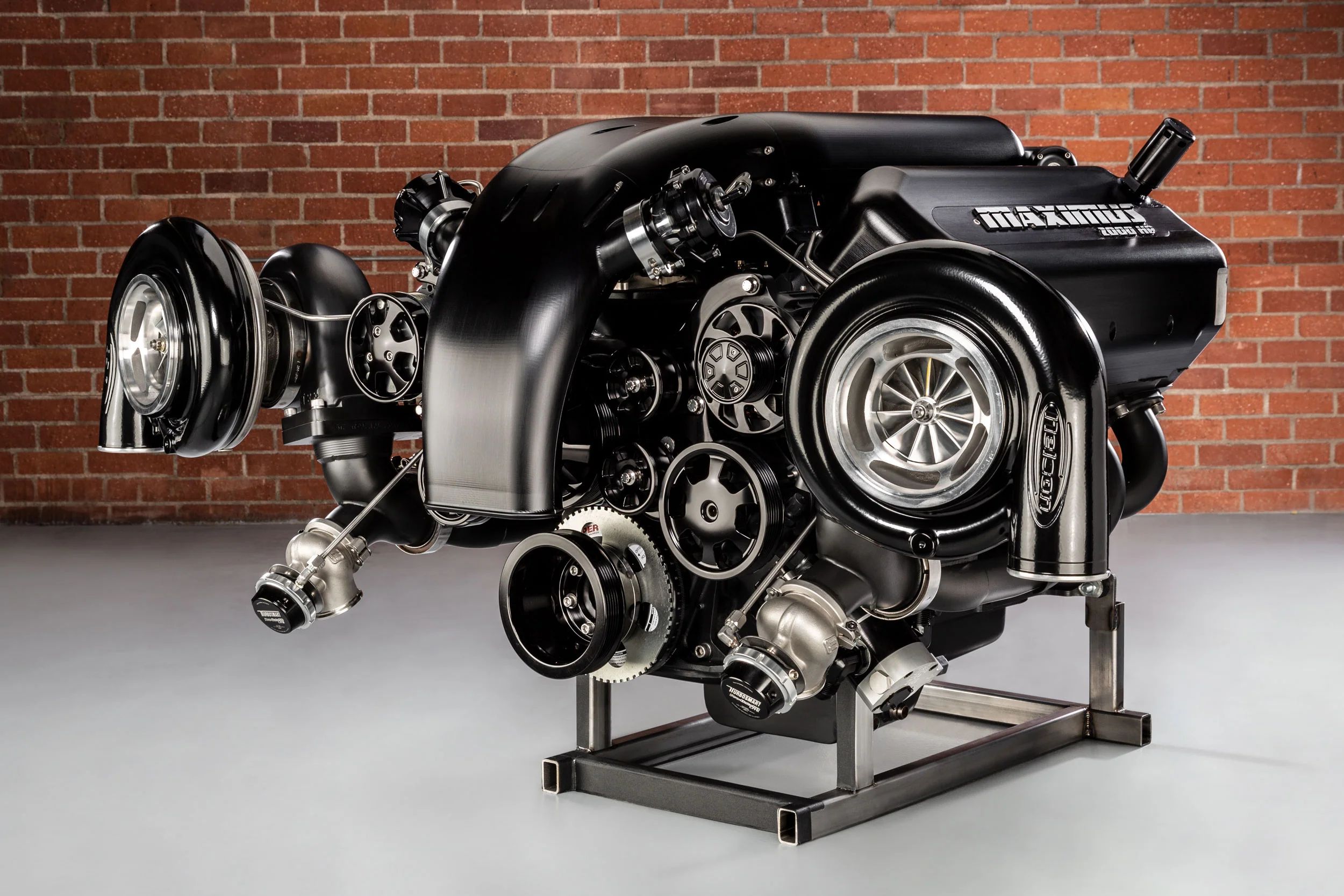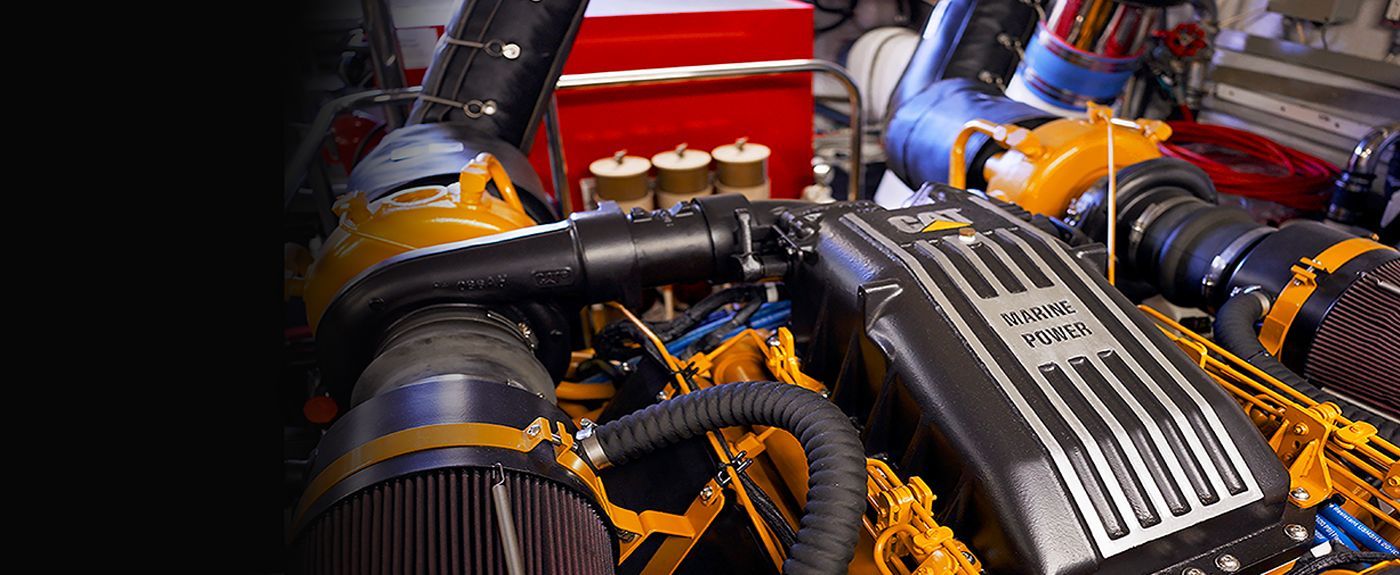Engines for Africa at Competitive Costs: Your Preferred Automobile Components Store
Engines for Africa at Competitive Costs: Your Preferred Automobile Components Store
Blog Article
The Quest for Ultimate Driving Power: Checking Out the Pinnacle of Engine Efficiency and Technological Developments in the Automotive Sector
In the world of vehicle engineering, the quest of optimum driving power has actually been a ruthless pursuit that has actually unravelled via the advancement of engine style and the combination of sophisticated technologies. From the careful workmanship of burning engines to the quick improvements in electrical propulsion systems, the vehicle field stands at the cusp of a brand-new age characterized by extraordinary performance capacities. As engineers and researchers dig deeper into the worlds of computational fluid characteristics and explore ingenious fuel technologies, the perspective of possibilities expands greatly. Keep tuned as we decipher the elaborate tapestry of technological developments that are forming the future of auto power and efficiency.
Advancement of Engine Style

In addition, the assimilation of turbocharging and turbo charging innovations has transformed engine style by enhancing power without significantly increasing engine dimension. These forced induction systems press the intake air, permitting for more fuel to be combusted, therefore creating greater power result from a smaller sized engine. This development has actually been specifically important in enhancing the efficiency of smaller sized variation engines while maintaining gas performance standards.

Performance-Enhancing Gas Technologies
The execution of advanced gas technologies has significantly added to enhancing engine performance in modern vehicles. Biofuels, derived from renewable sources like sugarcane, algae, or corn, offer minimized emissions and enhanced engine efficiency. In addition, fuel additives and cleaning agents are being developed to clean engine components, maximize combustion, and reduce rubbing, consequently enhancing overall automobile efficiency.
Improvements in Electric Propulsion
Significant strides in electrical propulsion modern technology have actually revolutionized the auto sector, leading the way for a new age of efficient and sustainable transportation. Electric cars (EVs) are obtaining popularity because of their ecological benefits and developments in battery innovation, making it possible for longer driving ranges and much shorter billing times. Manufacturers are spending greatly in r & d to boost the efficiency of electric propulsion systems, concentrating on raising power output, improving energy efficiency, and reducing general weight.
One significant innovation in electrical propulsion is the development of sophisticated electrical motors that provide higher torque and power thickness, resulting in enhanced velocity and general driving performance. In addition, regenerative braking systems have actually been improved to keep and catch energy during slowdown, further increasing the effectiveness of EVs.
Furthermore, the assimilation of smart innovations, such as expert system and anticipating analytics, is optimizing the management of electrical propulsion systems, guaranteeing optimal performance under numerous driving conditions. These improvements in electric propulsion are improving the automotive landscape, driving other the market towards an extra sustainable and electrified future.
Effect of Computational Fluid Characteristics
With developments in electrical propulsion pushing the limits of auto innovation, the integration of Computational Liquid Characteristics is playing a critical role in enhancing wind resistant performance and boosting total performance in car layout. Computational Liquid Dynamics (CFD) involves making use of computer simulations to evaluate the flow of air around a car, enabling designers to forecast just how style modifications will impact the rules of aerodynamics without the demand for costly physical prototypes. By precisely modeling air flow patterns, CFD permits the refinement of automobile shapes to decrease drag, boost cooling, and improve security.
CFD allows designers to optimize air flow around parts such as radiators, engine bays, and wheel wells, contributing to improved performance and general driving experience. In final thought, the integration of Computational Fluid Dynamics represents a substantial action forward in the mission for best driving power and effectiveness in the automotive industry.
Future Trends in Engine Innovation
In the vibrant landscape of automobile engineering, advanced improvements are forming the future trajectory of engine development. The future of engine style is marked by a solid focus on effectiveness, efficiency, and sustainability. Manufacturers are progressively focusing on developing engines that not just deliver high power outputs however also focus on ecological duty by enhancing and decreasing discharges gas effectiveness.
One noticeable pattern in engine technology is the rise of electrification. Crossbreed and electrical powertrains are obtaining grip as practical choices to conventional burning engines. These technologies use the possibility for substantial reductions in carbon exhausts and enhanced power effectiveness, lining up with worldwide initiatives to combat environment adjustment.
Furthermore, improvements in materials science and manufacturing methods are making it possible for the manufacturing of lighter and a lot more durable engine elements. This shift towards lightweight products such as carbon fiber and aluminum alloys adds to improved performance and gas economy.
Verdict
In final thought, the quest of best driving power in the auto industry remains to drive advancements in engine style, gas modern technologies, electric propulsion, and computational fluid dynamics. The development of these technologies is shaping the future of engine technology, paving the means for much more effective and efficient cars (engines for africa). As the industry remains to press the boundaries of what is feasible, we can expect to see even much more innovative developments in the pursuit for peak performance
One of the crucial milestones in engine style development is the transition from conventional carbureted engines to contemporary fuel-injected systems. view By exactly metering the gas shipment to each cylinder, fuel-injected engines optimize combustion, go to website resulting in far better performance and decreased environmental influence.
In addition, the combination of turbocharging and supercharging technologies has actually changed engine design by enhancing power without considerably increasing engine dimension (engines for africa).The application of advanced gas modern technologies has actually dramatically contributed to improving engine performance in contemporary vehicles. Additionally, fuel ingredients and cleaning agents are being formulated to tidy engine parts, maximize combustion, and lower rubbing, thus enhancing total automobile efficiency
Report this page